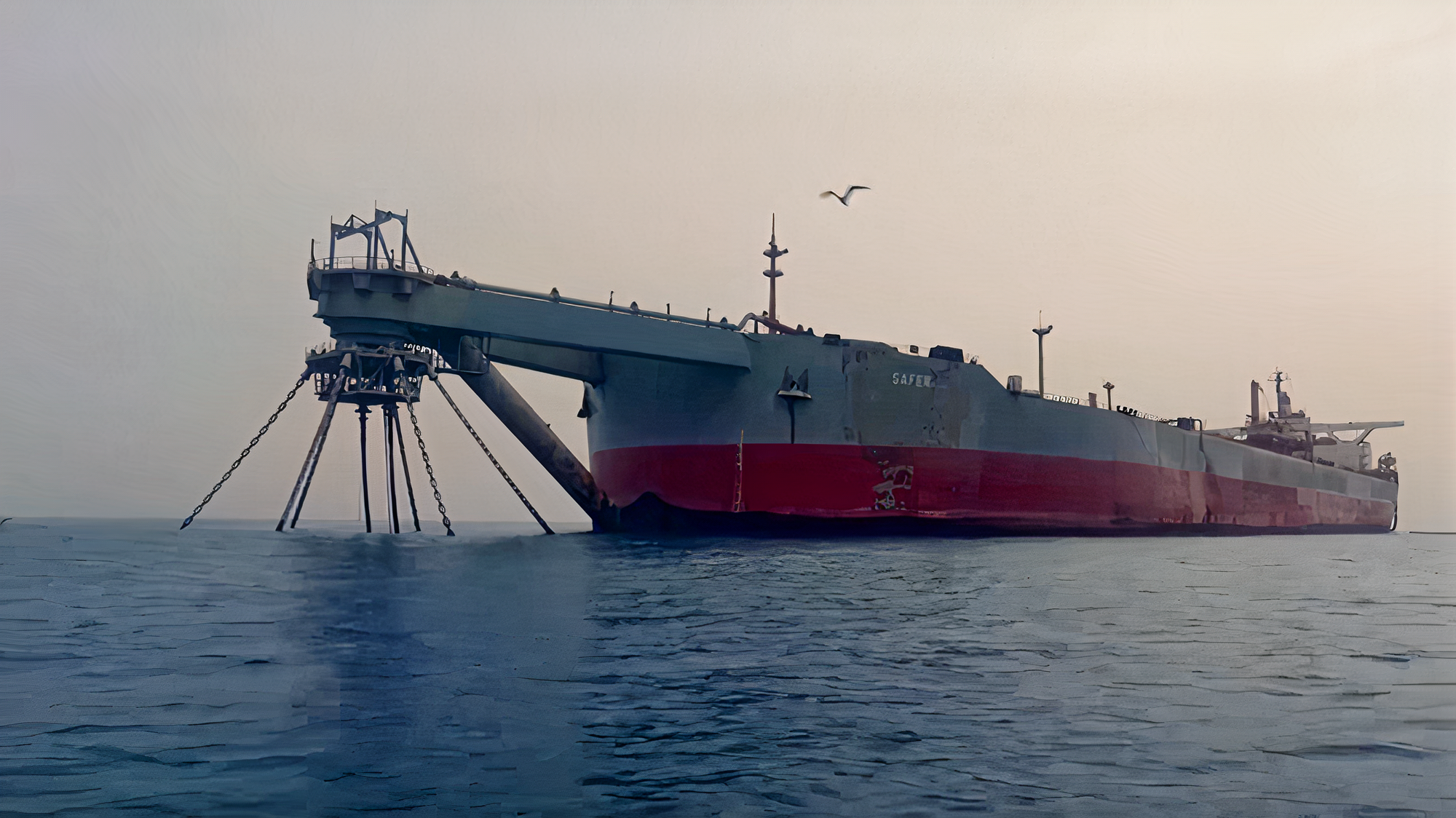As the operations for the removal of the oil on-board the decaying Floating Storage and Offloading (FSO) vessel SAFER are taking place off the coast of Yemen, the UNDP is looking for a destination for the FSO’s recycling. NGOs have urged the UNDP to find a solution that effectively addresses the inherent risks associated with the dismantling process and the management of the hazardous materials that will remain on-board. Now, they are calling on the Dutch government, one of the biggest donors to the Stop Red Sea Oil Pollution operation, to follow suit and assist UNDP in identifying a suitable recycling facility.

The Netherlands has shown leadership in preventing the environmental disaster an oil spill from the FSO Safer would have caused, with also Dutch company Boskalis, via its subsidiary SMIT Salvage, tasked with the removal of the oil from the FSO. Referring to Dutch involvement in the Stop Red Sea Oil Pollution operation, Dutch Minister for Foreign Trade and Development Cooperation, Liesje Schreinemacher, announced that “The Netherlands will continue helping the UN to bring this to a good end.”
"A good end entails ensuring that the FSO SAFER is recycled at a facility that fully respects labour rights, operates from a dry-dock or features on the European List of approved ship recycling facilities. The Dutch government is a pioneer in environmentally friendly technologies implementing sound life-cycle practices, and Boskalis has been at the forefront as one of the first ship owners in the world to adopt an ‘off the beach’ ship recycling policy. This should guide the so far successful Stop Red Sea Oil Pollution operation’s final and equally crucial stage." - Ingvild Jenssen - Executive Director and Founder - NGO Shipbreaking Platform